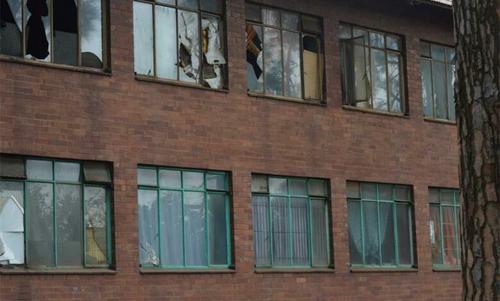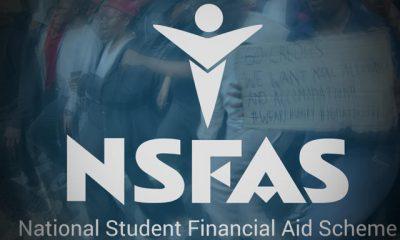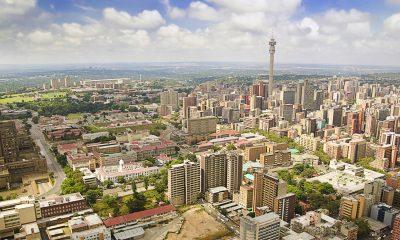411
Almost a Decade Later, Melgisedek Buildings Still Await Redevelopment as Conditions Worsen

Almost 10 years after Tshwane authorities condemned the Melgisedek buildings in Riviera due to severe structural and sanitary issues, hundreds of people still occupy the premises illegally. Despite health hazards, crime concerns, and official promises to relocate residents, the site remains untouched and increasingly derelict.
Originally earmarked for redevelopment and resident relocation in 2015, the buildings have since become synonymous with urban decay. Locals say the area has become a hotspot for criminal activity and drug abuse, while conditions inside continue to deteriorate with no clear solution in sight.
The City of Tshwane once closed a crèche and evicted informal traders from the site, but traders have returned, and residents never left. A year after the initial condemnation, a task team was formed to evaluate the building’s structure and assess the living conditions of its occupants. Its scope later expanded to include other rundown or illegally occupied buildings across the city.
Now, after years of delays, the city is still considering converting the Melgisedek site into student housing—an idea first proposed under the DA-led administration. In the meantime, the property is surrounded by foul smells, stagnant water mixed with human waste, and swarms of flies and mosquitoes.
The building’s toilets have been turned into makeshift homes. With no working ablution facilities, residents relieve themselves in public spaces or rely on nearby petrol stations and shopping centres.
Former DA MMC Kingsley Wakelin had previously promised to target illegal occupations through the Tshwane Sustainable and Better Buildings programme, with Melgisedek identified as a key focus area.
This week, MMC for Shared and Corporate Services Kholofelo Morodi confirmed that the city is still planning to develop Melgisedek into student accommodation. She said ongoing talks with the University of Pretoria were part of the broader “Bad Buildings” programme aimed at revitalising strategic properties.
However, Morodi acknowledged that illegal occupation by vulnerable residents—particularly women, children, and the elderly—had slowed progress. She estimated that between 400 and 500 people currently live on the property, though no formal audit has been conducted.
Morodi also cited the property’s existing educational zoning as a legal constraint, limiting development options unless it is rezoned.
During her remarks on the State of the Capital, Morodi noted that the city is preparing select properties for development and plans to clear Melgisedek once suitable alternative housing is identified for its occupants.
She said the city would not fund the building’s refurbishment. Instead, it plans to issue a competitive bid to private sector developers, who would lease and redevelop the property under a long-term agreement.
Follow Joburg ETC on Facebook, Twitter , TikTok and Instagram
For more News in Johannesburg, visit joburgetc.com
Sourced:IOL
Picture: Elize Parker





















